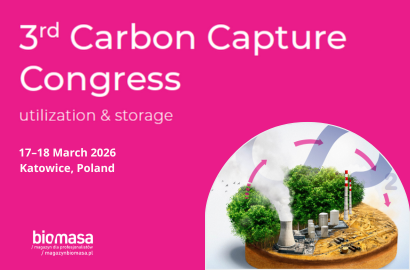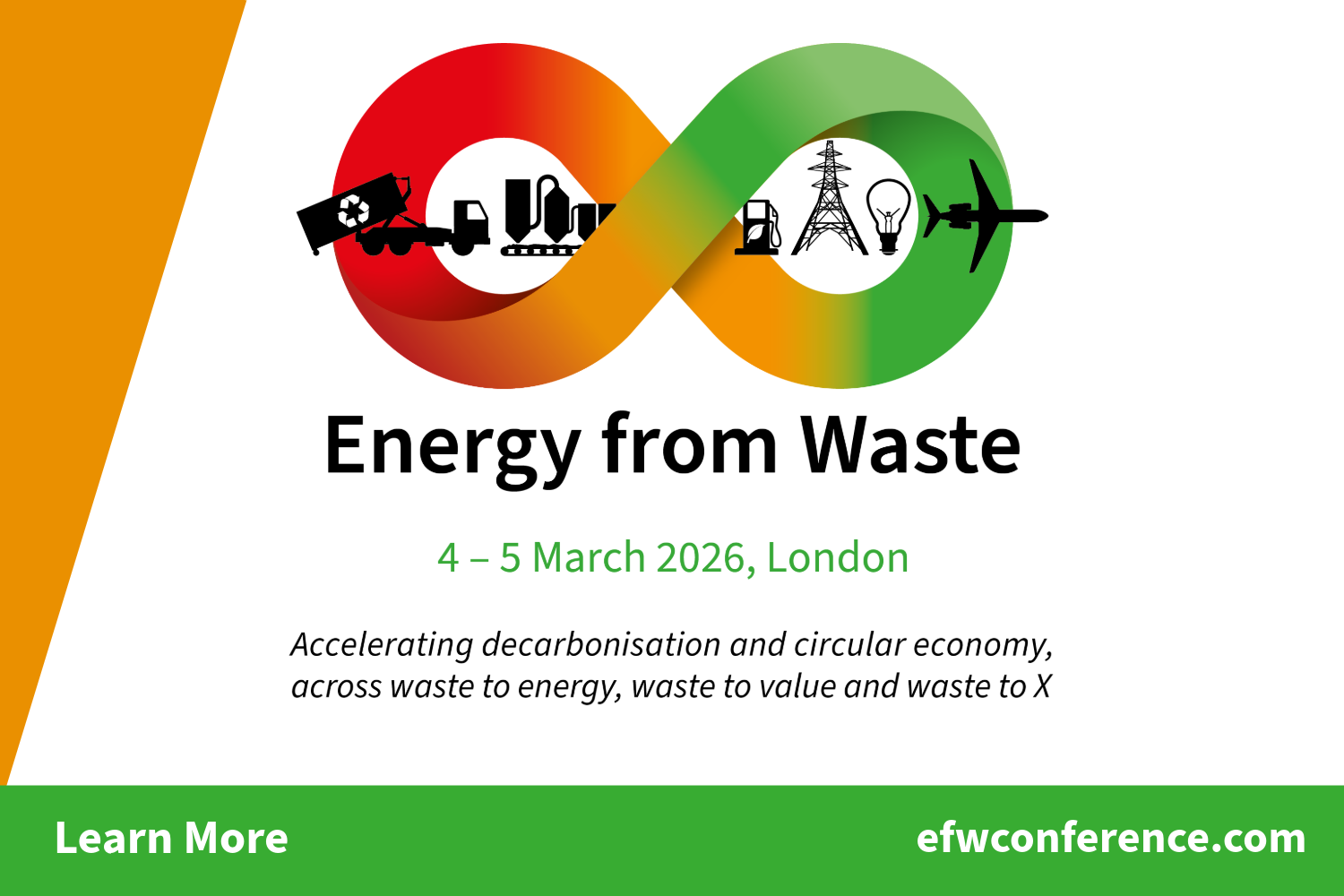Welcome to our latest news
If you have a press enquiry please email press@ccsassociation.org and see our Media Centre.
Filters
Filters
New CCSA report highlights opportunities for the EU to achieve climate targets and strengthen industrial capacity through accelerated CCUS scale-up
As the European Union pushes to align climate ambition with industrial competitiveness, a new report by the CCSA in collaboration with Deloitte indicates that delays in deploying CCUS technologies risk both climate failure and deindustrialisation.
CCSA Statement on the EU ETS
Following the ongoing debate on the future of the EU ETS, the CCSA, issued the following statement.
CCSA Statement: DESNZ Launch East Coast Cluster Teesside Selection Process Guidance & Non-Pipeline Transport Consultation
DESNZ have today published guidance for the East Coast Cluster (ECC) Teesside Selection Process and launched the consultation on Carbon capture, usage and storage (CCUS): non-pipeline transport.
CCSA statement celebrating one year from landmark milestone for UK CCUS industry
This time last year, the Northern Endurance Partnership (NEP) and Net Zero Teesside Power (NZT Power) reached financial close. This gave the green light for the UK’s first major CO2 transportation and storage network for the East Coast Cluster (ECC) and world’s first gas-fired power station with carbon capture.
CCSA statement on the North Sea Transition Authority’s second carbon storage licensing round
Mark Sommerfeld, UK Director of the CCSA, said, “This licensing round is a crucial step in unlocking the full potential of CCUS to decarbonise industry, create skilled jobs and strengthen the UK’s energy security.”
CCSA research reveals UK carbon capture sector at a “critical juncture” as project pipeline grows but policy uncertainty slows progress
New CCSA research shows the UK has made significant progress in advancing its carbon capture, utilisation and storage (CCUS) industry, with the first five major projects now having reached financial close and entering construction in Teesside and the North-West and Wales.
CCSA statement following news of Storegga selling their stake in the Acorn Project
Following last week’s news of Storegga selling their stake in the Acorn Project, Olivia Powis, CEO of the CCSA, said: “The Acorn Project provides a critical role in Scotland’s industrial decarbonisation and low carbon future.”
CCSA strengthens European leadership with appointment of new Board members
CCSA appoints new Board members with a wealth of European CCUS industry expertise.










